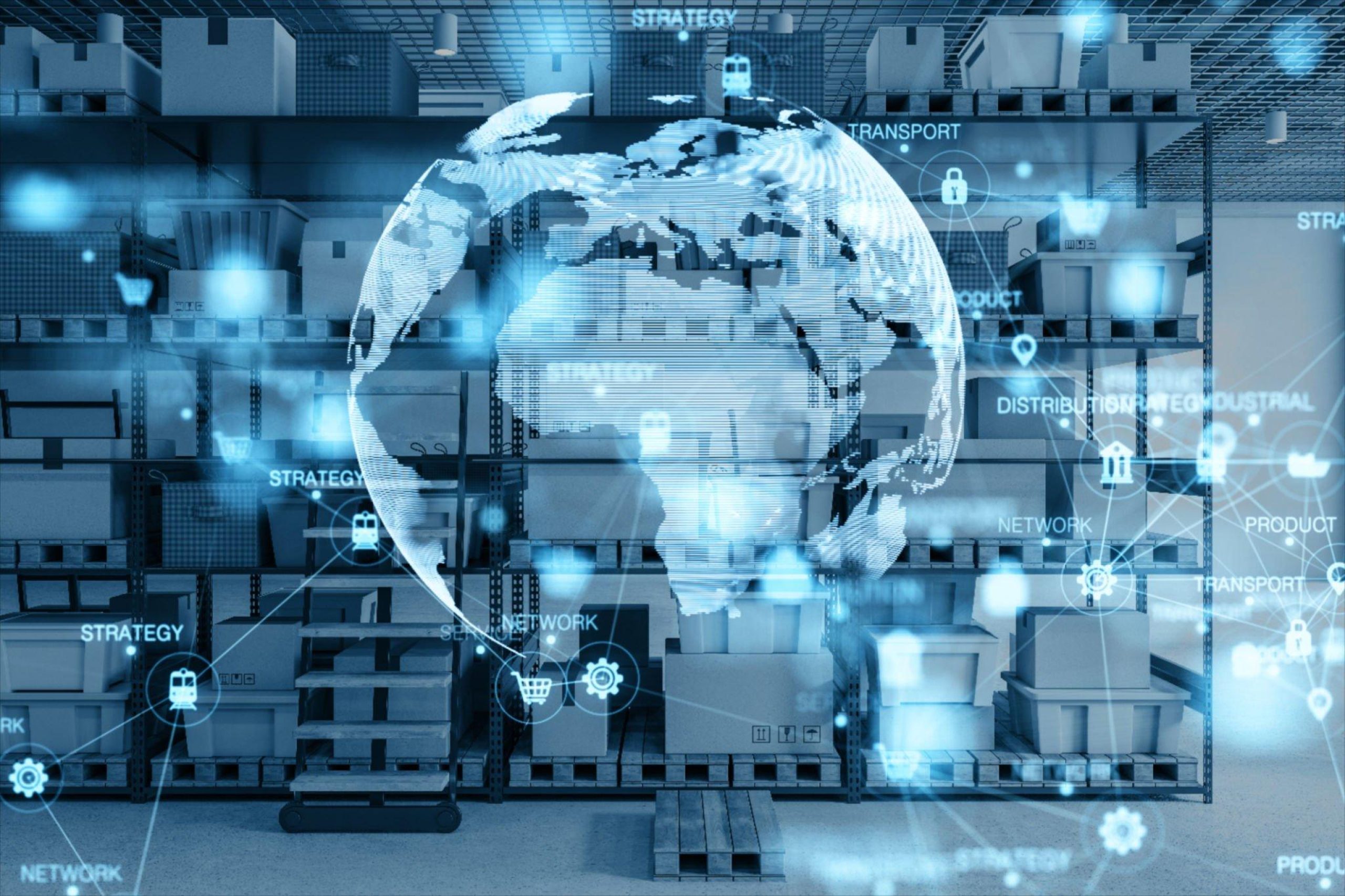The Role of AI, IoT, and Blockchain in Transforming Food Supply Chains
The food supply chain has traditionally faced a complex array of challenges that include logistical inefficiencies, quality control problems, and limited transparency. Now, transformative technologies such as AI, IoT, and Blockchain are at the forefront of driving change. AI’s data-driven insights, IoT’s real-time tracking capabilities, and Blockchain’s secure ledger system are collectively reimagining the pathway food takes from farm to consumer. This technological trinity is paving the way for a smarter, more transparent, and more sustainable food supply chain, promising to address age-old challenges with cutting-edge solutions.
The Power of Artificial Intelligence (AI) in Food Supply Chains
Artificial Intelligence is transforming food supply chains, making them more efficient and responsive. By integrating AI, businesses can harness data to streamline operations, reduce waste, and satisfy consumer needs more effectively.
Demand Forecasting
AI analyzes patterns and predicts future needs, enabling better stock planning and minimizing waste through accurate demand forecasting.
Inventory Management
Machine learning aids in real-time stock monitoring, automates restocking processes, and helps maintain optimal inventory levels to ensure product freshness and availability.
Route Optimization
AI optimizes delivery routes by assessing multiple factors which leads to reduced transit times, fuel savings, and lower emissions, thus enhancing supply chain efficiency.
AI improves food supply chain operations with applications that result in significant increases in productivity, reductions in costs, and enhanced environmental sustainability.
The Potential of the Internet of Things (IoT) in Food Supply Chains
The Internet of Things (IoT) infuses the food supply chain with a network of connected sensors and devices, offering unprecedented levels of monitoring and optimization throughout the entire process.
Logistics
IoT applications in logistics include real-time tracking of shipments and assets, ensuring both efficiency and security. GPS devices and RFID tags keep tabs on location and movement, optimizing delivery schedules and reducing the potential for lost or misdirected items.
Warehouse Management
In warehouses, IoT systems monitor inventory levels, environmental conditions, and even machinery health. This data leads to improved stock handling, enhanced equipment maintenance, and reduced operation costs.
Cold Chain Monitoring
Crucial for perishable goods, IoT sensors actively monitor the temperature and humidity within transport vehicles and storage units, maintaining product integrity. Any deviations are immediately reported, allowing quick action to safeguard the food products.
IoT’s capability to collect and communicate data in real-time drives smarter decision making across the food supply chain, from farm to consumer, enhancing efficiency and ensuring product quality.
Blockchain Technology in Food Supply Chain
Blockchain technology serves as an immutable ledger in food supply chains, providing a single source of truth for all transactions. By enabling greater transparency and traceability, it ensures every participant along the chain—from farmers to consumers—has access to the same verifiable and tamper-proof data.
Blockchain validates the authenticity of food products by recording every step of their journey. This detailed provenance tracking makes it simpler to trace the origin of goods, manage recalls effectively, and prevent fraudulent activities.
Convergence: AI, IoT, and Blockchain in Action
The synergistic integration of AI, IoT, and Blockchain technologies fosters a robust, seamless, and efficient food supply chain. AI’s predictive analytics, IoT’s real-time monitoring, and Blockchain’s transparent record-keeping together streamline operations, reduce waste, and enhance regulatory compliance.
Collaborative applications of these technologies include intelligent tracking systems that anticipate maintenance needs and supply demands while ensuring data integrity and trustworthiness. Farm to Plate initiatives are successfully harnessing this combined power to create smarter, more sustainable supply chains that inspire consumer confidence and drive competitive advantage. The convergence not only promotes operational efficiencies but also provides a degree of interconnected insight that was previously unachievable, heralding a new era of digital transformation in the food industry.
Conclusion:
The integration of AI, IoT, and Blockchain technologies marks a pioneering transformation in food supply chains. AI’s predictive analytics enable smarter decision-making, IoT’s network of sensors allows for unparalleled real-time monitoring and management, while Blockchain’s ledger system upholds unmatched transparency and traceability. Together, these technologies can significantly enhance efficiency, reduce waste, and promote sustainability, leading to a more resilient and future-ready food distribution system.
The food industry stands on the threshold of a revolution, where digital tools are employed to not only overcome historical challenges but also explore new possibilities. With the global population on the rise and food supply demands evolving, continued exploration and adoption of AI, IoT, and Blockchain are essential.
Embracing the combined capabilities of these cutting-edge technologies, the industry is positioned to achieve unprecedented levels of efficiency and consumer trust. It is critical for those within the food supply chain to stay informed of technological progress and to actively implement these transformative technologies, driving a more secure and sustainable future for food distribution across the globe.
Interesting Related Article: “Financial Glossary in the Blockchain Space“
from Technology Articles - Market Business News https://ift.tt/iWAP40N
via IFTTT




0 Comments